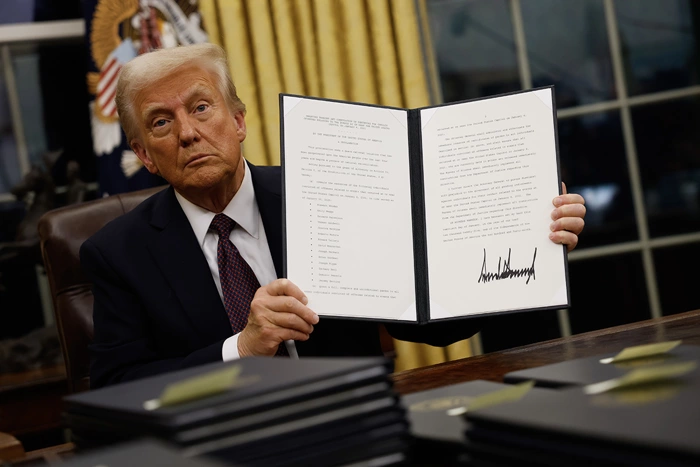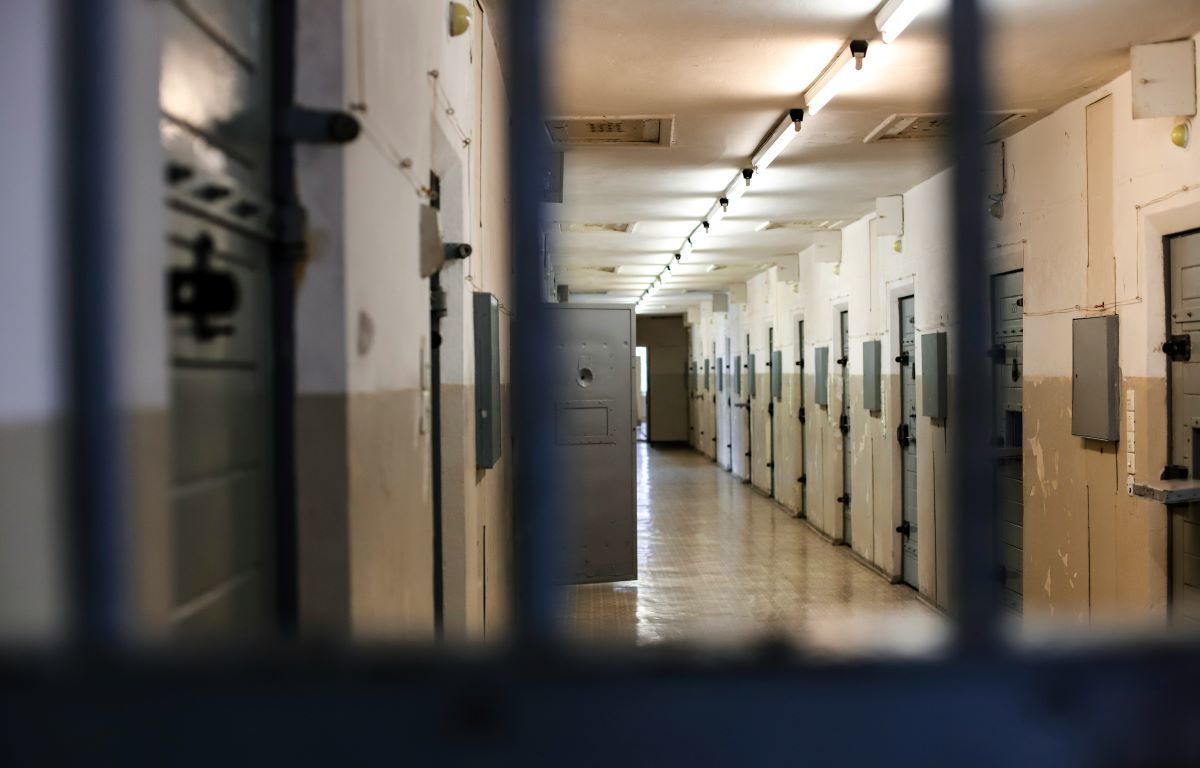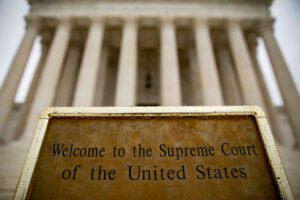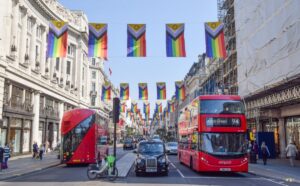President Donald Trump has been at the helm of several significant policy changes this week, marking another eventful period in his second term as the 47th president of the United States. From targeting sanctuary cities to advocating for religious freedoms abroad, the administration has taken steps that have garnered attention and potential controversy.

Among the week’s highlights, the Trump administration moved to defund cities that label themselves as sanctuaries for illegal immigrants. This decision aligns with Trump’s broader agenda to enforce stringent immigration policies by withholding federal funds from cities that refuse to comply with federal immigration laws.
Additionally, the administration has re-established a government office dedicated to assisting victims of crimes committed by illegal immigrants, a move that underscores Trump’s focus on immigration reform and public safety.
On the economic front, there has been a temporary halt to the president’s highly anticipated tariff policies. These tariffs were expected to play a significant role in the administration’s economic strategy, and the pause indicates a potential reassessment or strategic delay in their implementation.
In further actions, Trump has signaled possible retaliatory measures against states and local governments that resist his policy initiatives. This approach suggests a continued tension between federal and local governance on issues ranging from immigration to fiscal policies.
Beyond domestic policy, the president has made notable nominations this week, including appointing a former pastor to a prominent position aimed at promoting religious freedom on an international scale. This nomination is part of a broader effort to prioritize religious liberty as a key aspect of American foreign policy.
As these developments unfold, they continue to shape the political landscape, reflecting the administration’s priorities and the ongoing debates surrounding them.
This article was originally written by www.christianpost.com






